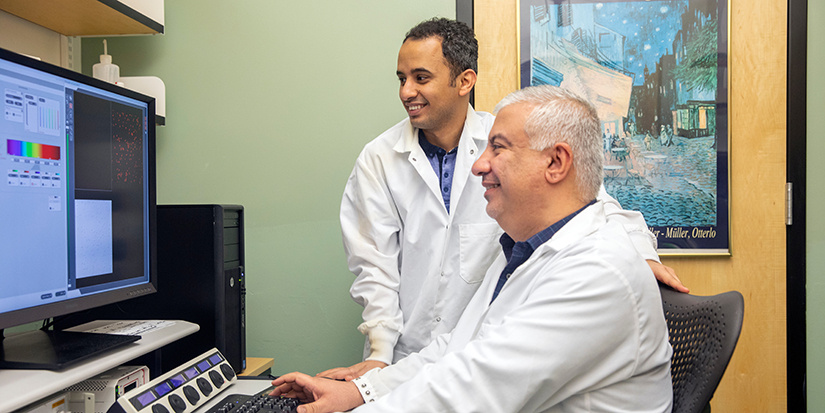Environmental health sciences Ph.D. student Mithun Sikder awarded George M. Reeves Graduate Fellowship
Each year, the Graduate School awards five different Trustee Fellowships to full-time graduate students who exhibit excellence in graduate study, research and scholarship. Mithun Sikder, a May doctoral graduate in the Department of Environmental Health Sciences (ENHS), was selected to receive the George M. Reeves Graduate Fellowship, which is named for Reeves, who formerly served as UofSC’s director for the Lilly Teaching Fellows Program, senior assistant to the President and Dean of the Graduate School.
